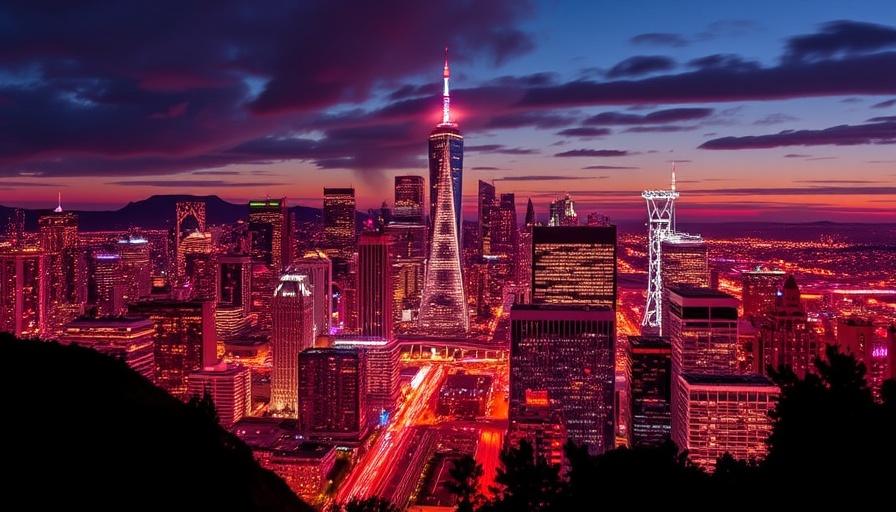
The Unsettling Future of Work in Silicon Valley
As advancements in AI technology accelerate, the implications for the workforce are profoundly unsettling. Leaders in Silicon Valley are openly discussing a future where artificial intelligence replaces all human jobs, not just a select few. This chilling vision raises critical questions about the value of human labor and the landscape of employment.
Understanding the AI Agenda: Replacing Labor
At a recent dinner hosted by a venture capital firm, a tech veteran revealed a startling truth: the lucrative opportunities within AI extend beyond the creation of new technologies. Instead, they aim to develop systems that can entirely replace the workforce. The ramifications of this approach are staggering, especially when the concept of full automation is not merely theoretical but actively pursued by influential tech magnates. Mechanize, a company pursuing complete economic automation, has attracted high-profile investors, signaling the seriousness of their aim.
The Feasibility of Total Automation
The idea of automating away all jobs may seem far-fetched, yet many notable figures in technology are voicing support for this transition. Elon Musk has warned that if AI continues on its current trajectory, joblessness for many could become a reality. This sentiment resonates with pioneers in AI like Geoffrey Hinton, who highlight that significant labor replacement is inevitable. The voices endorsing this vision are not on the fringe; they hold considerable influence and funding, thus increasing the urgency of this debate.
Jobs That May Survive the AI Revolution
While technology is poised to replace a multitude of roles, some jobs remain safely insulated from AI advancement. Creative professions and leadership positions, such as artists, athletes, or even politicians, will likely continue to flourish, as they rely heavily on human experience, emotion, and interaction. However, for the vast majority of the workforce, the current reality is sobering, as innovations in AI consistently threaten traditional roles.
The Current Limitations of AI
Not all jobs are immediately at risk, as current AI technology still has significant limitations. While it can outperform humans in tasks like coding and data analysis, AI struggles with tasks requiring dexterity, critical thinking, and emotional intelligence. For now, there remains a vital role for human oversight and creativity, but as technology evolves, this buffer may diminish.
What This Means for the Average Worker
The conversation around AI's capabilities and intentions will undoubtedly affect public sentiment. The startling prospect of 'replacing all jobs' is daunting, and it is crucial for workers to remain informed about these developments. Harnessing a proactive approach alongside relying on continuous learning and adaptability may offer pathways to thrive in an uncertain labor market.
In light of these revelations about AI's intentions, it’s essential to engage actively with the technology we’re tasked to share our spaces with. Understanding its implications and limitations not only prepares us for potential changes but empowers us as informed participants in our workplaces.
As we navigate the complexities of AI and employment, consider exploring more about how to stay relevant in an evolving market. Equip yourself with the knowledge necessary to adapt by checking out resources like Prompt2Human, optimizing our engagement with AI technology effectively.
 Add Row
Add Row  Add
Add 




 Add Row
Add Row  Add
Add 

Write A Comment